Published since 2019 by the Fair Winds Foundation and Association of Foreign Relations, Taiwan Weekly provides in-depth report and analysis of the major issues facing Taiwan.
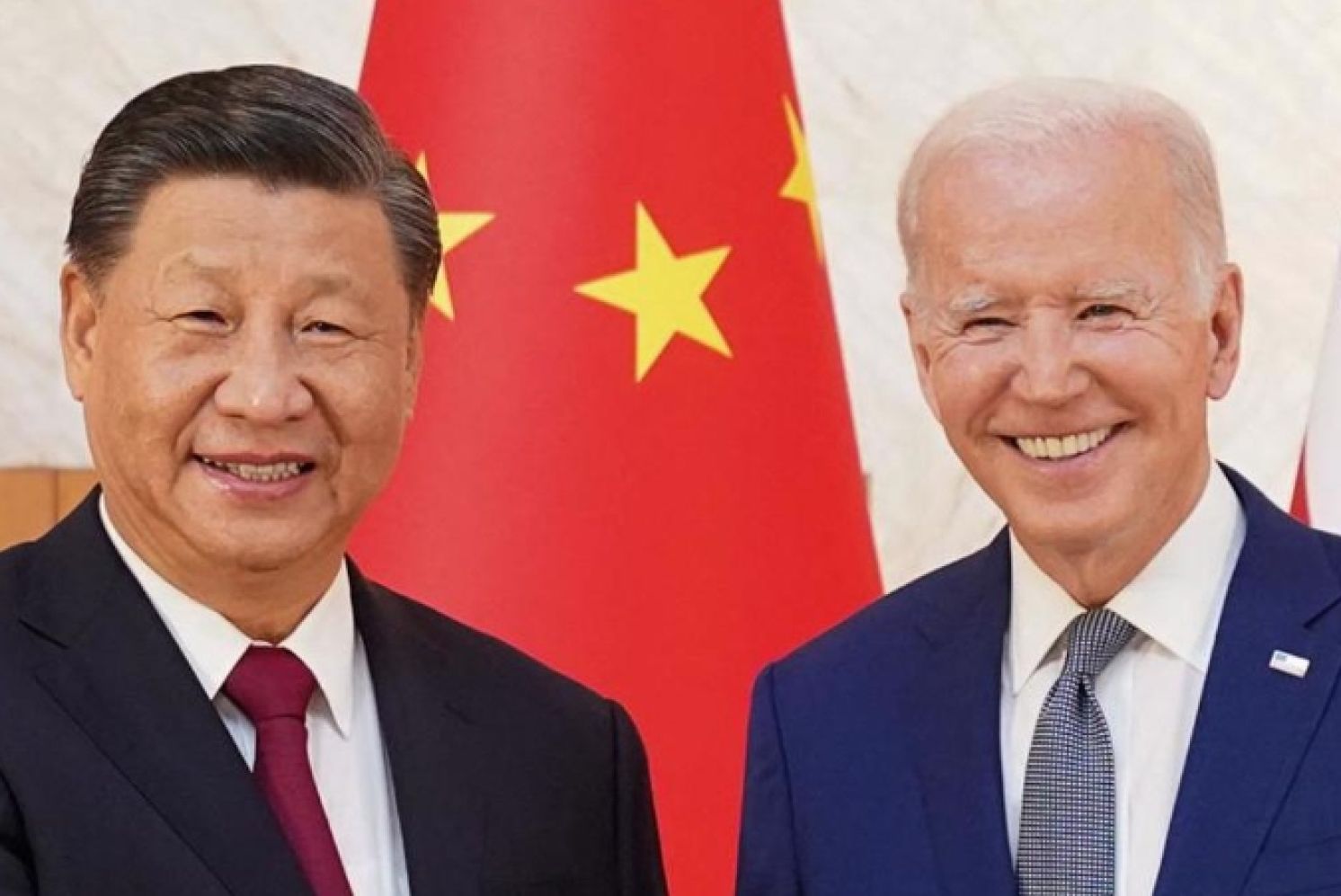
Lai Needs to Grasp Significance of Biden-Xi Call
During a call between American and Chinese leaders before the presidential inauguration of William Lai in Taiwan, President Joe Biden reiterated the United States' One China policy to Chinese President Xi Jinping and emphasized the importance of peace and stability in the Taiwan Strait.
Details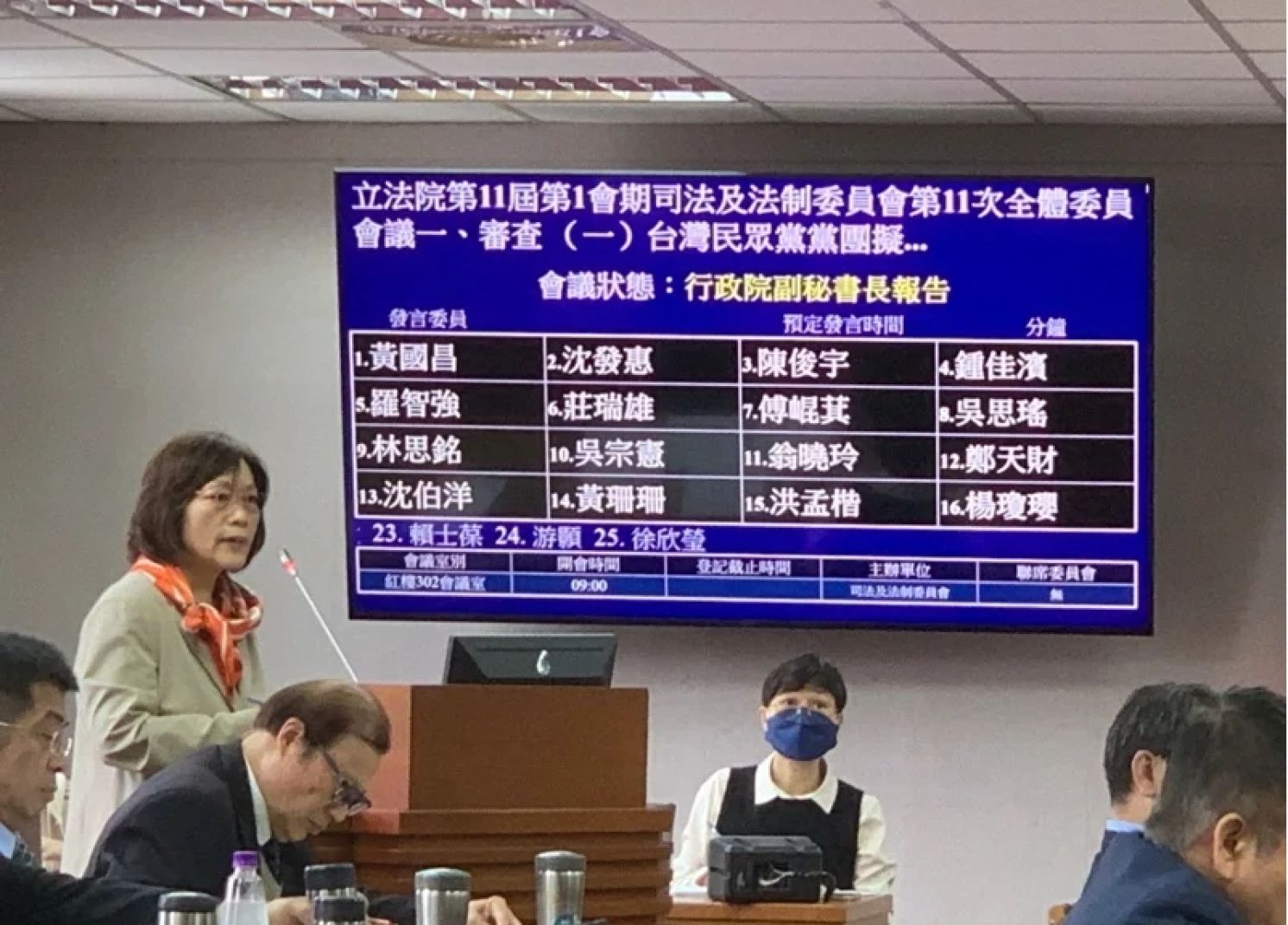
DPP Pretends to Like Legislative Reform, Officials Obtain Right to Lie
The legislative reform that President Tsai Ing-wen once vowed to carry out has been in a frozen state for a long time.
Details
This Week in Taiwan 0331-0406
March 31: The Tourism Administration, Ministry of Transportation and Communications, set a target of 12 million tourists visiting Taiwan this year. However, with ongoing cross-strait tensions and a lack of mainland Chinese tourists, attaining this goal seems challenging. Director-General Chou Yang-hui mentioned that the key time point is after summer break. If the government does not open up to mainland tourists by then, then the target will likely be revised down to 10 million visitors.
Details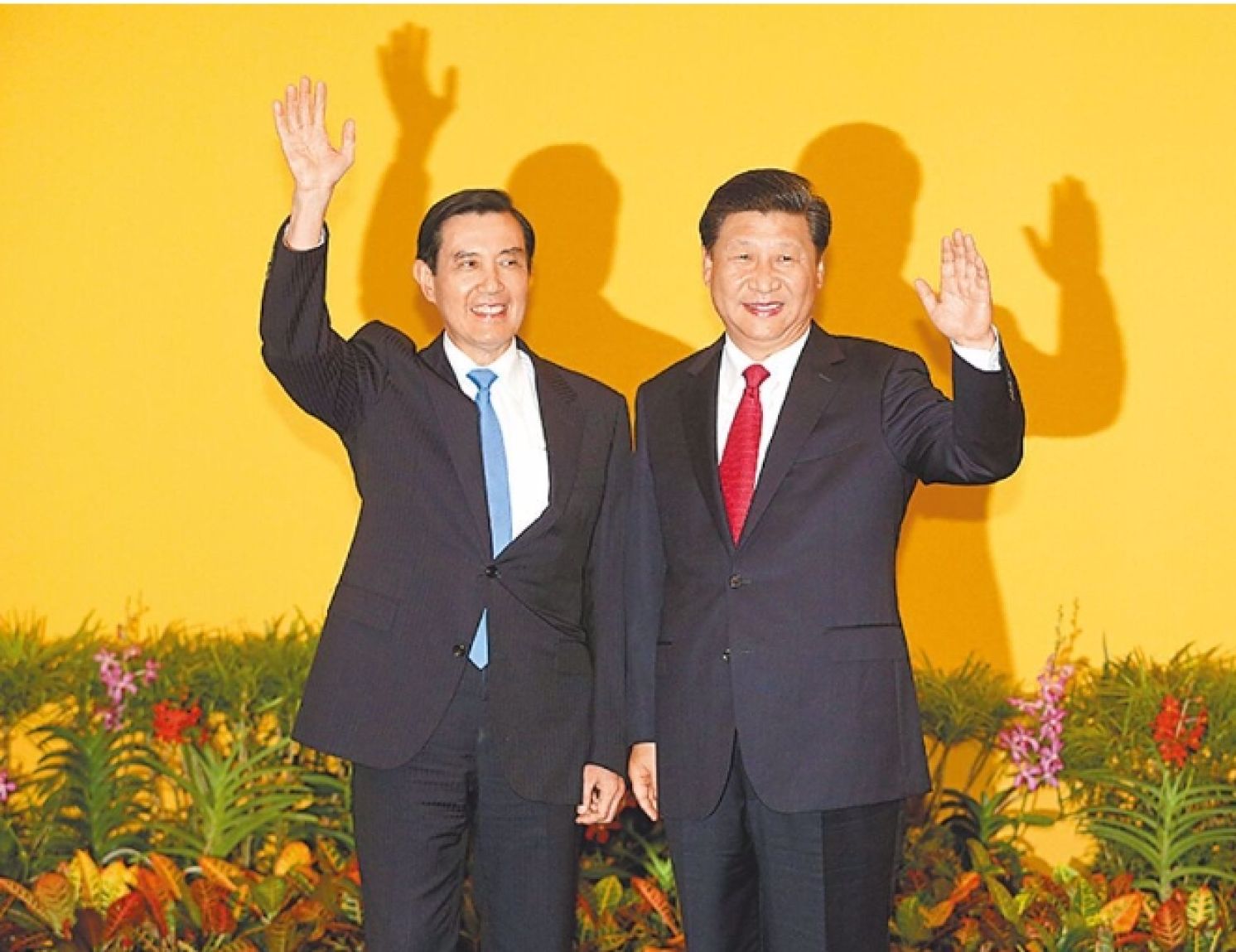
Former President Ma Expected to Meet Xi in Beijing
Former President Ma Ying-jeou will visit China again on April 1, with his visit to Beijing sparking anticipation for a possible "Ma-Xi Meeting."
Details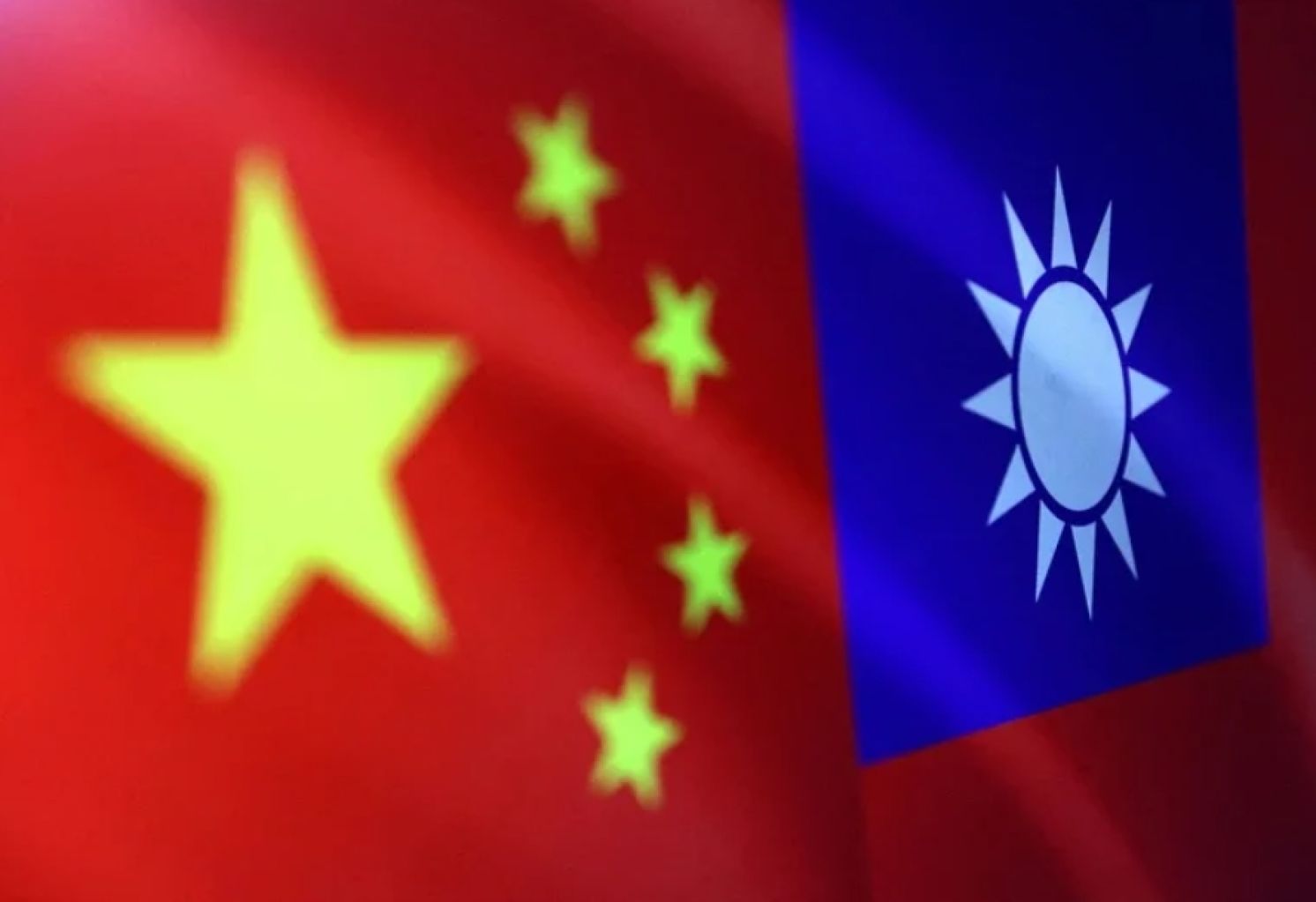
Cognitive Warfare Disguised as Election Campaign
In recent years, the Democratic Progressive Party (DPP) administration and its supporters have been advocating for "cognitive warfare."
Details
Republic of China Faces Drone Policy Vacuum
President-elect William Lai's recent industry tour included a visit to the Asia UAV AI Innovation Application R&D Center in Chiayi, where a drone capable of carrying lightweight missiles with propeller-driven motors bearing the label "Made in China" caused a stir.
Details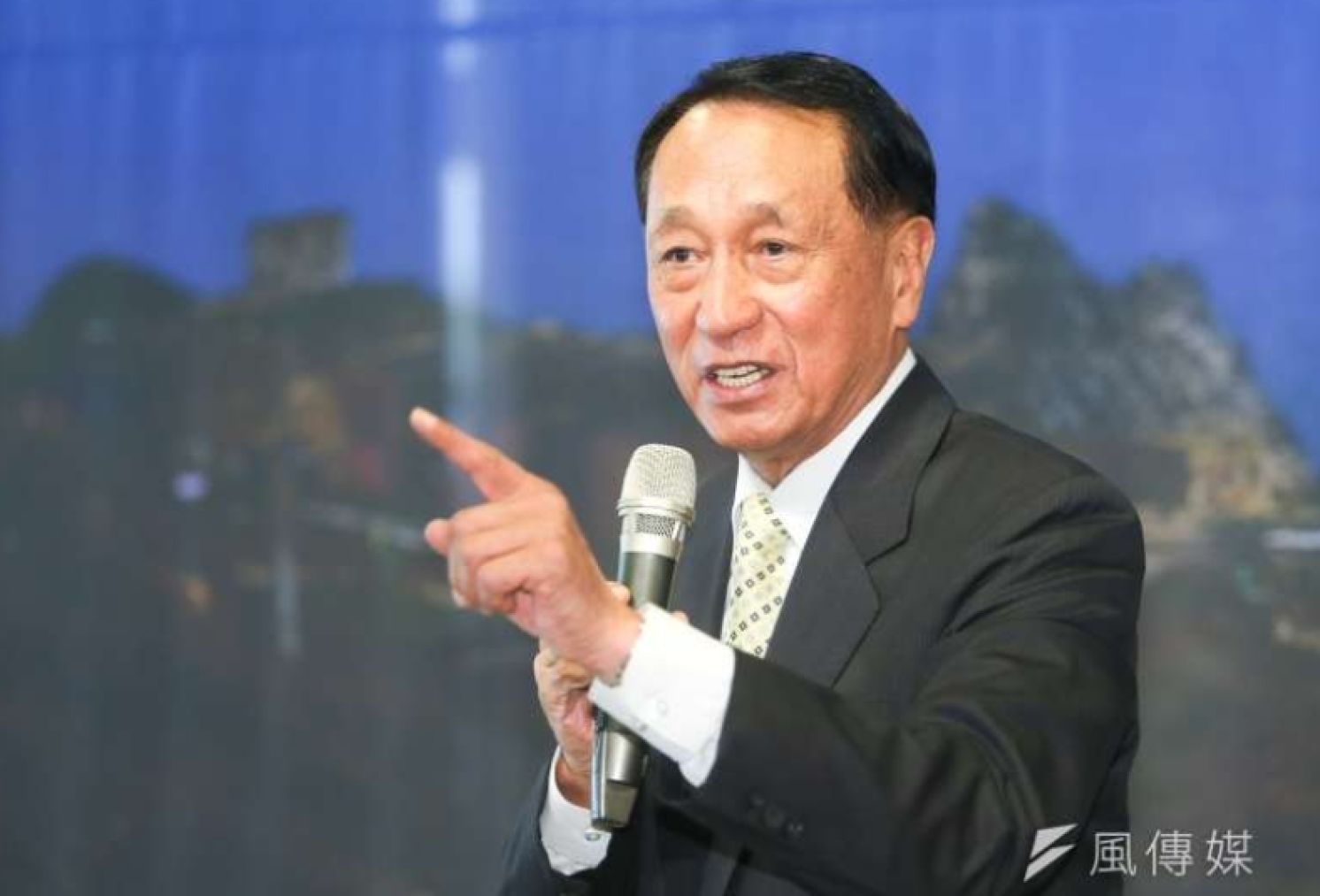
This Week in Taiwan 0324-0330
March 24: Vice President-elect Bi-khim Hsiao concluded her visit to the United States and Europe and returned to Taiwan. The Ministry of Foreign Affairs stated that Hsiao was invited to visit the European Parliament, the Czech Republic, Poland, and Lithuania to convey Taiwan's message of democratic solidarity with European nations. According to scholars, the "One China" policy practiced by European countries remains hard to change; Taiwan should not be overly optimistic.
Details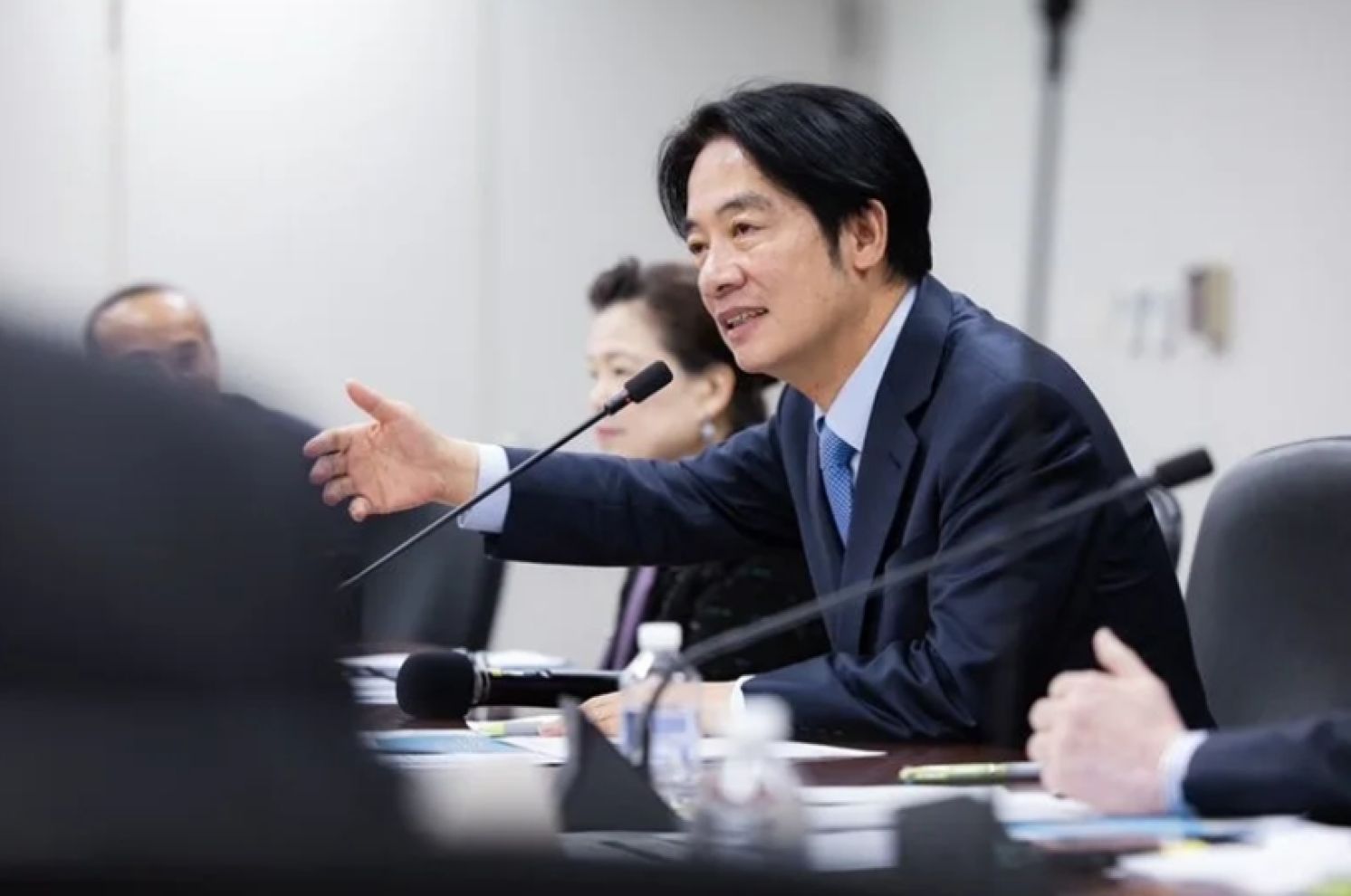
Semiconductor Industry Wants to Build its Own Nuclear Power Plants, Hopes Government Will Change Non-Nuclear Stance
President-elect William Lai visited the Hsinchu Science Park on March 19 for a closed-door meeting with semiconductor industry representatives, marking the first stop of his post-election five major industries' dialogue.
Details
Debunking President Tsai's "King's New Clothes":Semiconductor's Self-Built Nuclear Power is Difficult
Chairman Frank Huang of the Power Semiconductor Manufacturing Company (PSMC) recently proposed that semiconductor manufacturers build their own nuclear power plants.
Details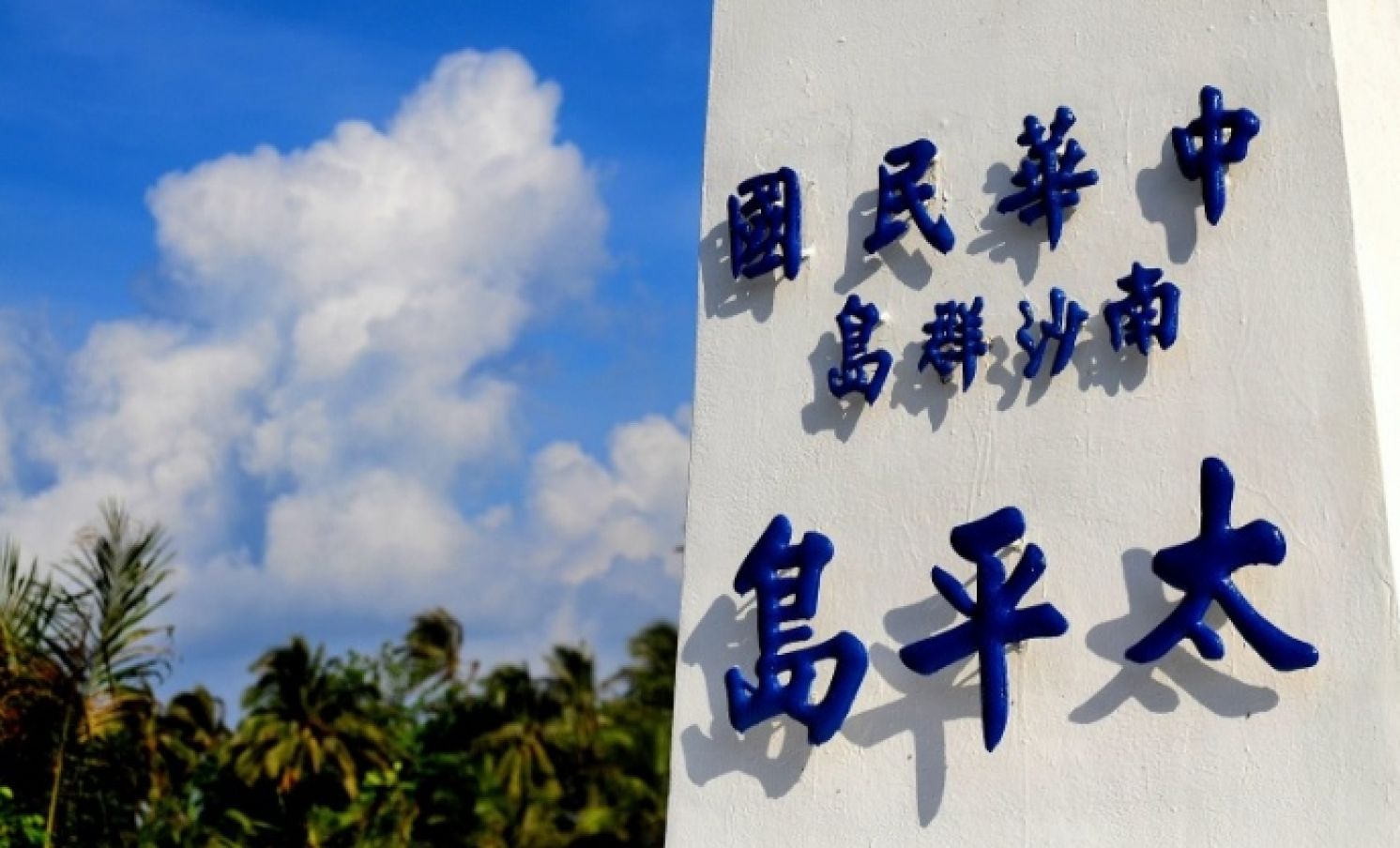
Should President Tsai Visit Taiping Island?
Amid the volatile situation in the South China Sea, concerns have emerged as a new pier on Taiping Island (Itu Aba), costing NT$1.7 billion (about US$53 million), is set for inauguration.
Details- 1
- 2
- 3
- 4
- 5
- 6
- 7
- 8
- 9
- 10
- 11
- 12
- 13
- 14
- 15
- 16
- 17
- 18
- 19
- 20
- 21
- 22
- 23
- 24
- 25
- 26
- 27
- 28
- 29
- 30
- 31
- 32
- 33
- 34
- 35
- 36
- 37
- 38
- 39
- 40
- 41
- 42
- 43
- 44
- 45
- 46
- 47
- 48
- 49
- 50
- 51
- 52
- 53
- 54
- 55
- 56
- 57
- 58
- 59
- 60
- 61
- 62
- 63
- 64
- 65
- 66
- 67
- 68
- 69
- 70
- 71
- 72
- 73
- 74
- 75
- 76
- 77
- 78
- 79
- 80
- 81
- 82
- 83
- 84
- 85
- 86
- 87
- 88
- 89
- 90
- 91
- 92
- 93
- 94
- 95
- 96
- 97
- 98
- 99
- 100
- 101
- 102
- 103
- 104
- 105
- 106
- 107
- 108
- 109
- 110
- 111
- 112
- 113
- 114
- 115